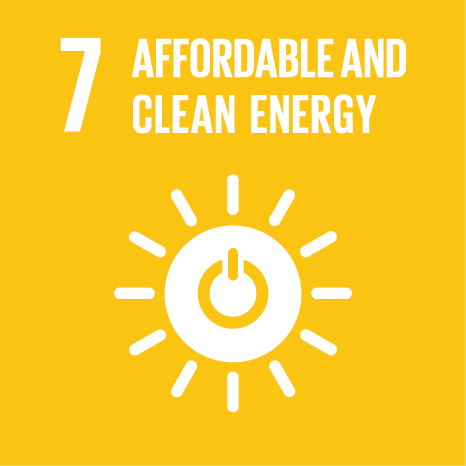Ciência-IUL
Publications
Publication Detailed Description
Journal Title
Environmental Innovation and Societal Transitions
Year (definitive publication)
2016
Language
English
Country
Netherlands
More Information
Web of Science®
Scopus
Google Scholar
Abstract
Innovation processes during the early period of a technology’s development establish the conditions for widespread commercialization. For comparative analysis of innovation processes across technologies, a common operational definition of the formative phase is needed. This paper develops a set of indicators to measure the start and end points of formative phases with reference to key innovation processes including experimentation and market formation. The indicators are then applied to measure the formative phase durations of sixteen energy technologies covering a range of historical periods and applications. Formative phases are found to last 22 years on average. Determinants of formative phase duration are explored. Duration does not appear to be explained by unit scale, up-scaling, nor initial cost. However, technologies that are ready substitutes for incumbents have shorter formative phases, ceteris paribus. Policy implications include the potentials and risks of accelerating formative phases to push low carbon technologies into the market.
Acknowledgements
--
Keywords
Innovation systems,Diffusion,Formative phase,Indicators,Energy technologies
Fields of Science and Technology Classification
- Earth and related Environmental Sciences - Natural Sciences
- Environmental Engineering - Engineering and Technology
- Other Social Sciences - Social Sciences
Funding Records
| Funding Reference | Funding Entity |
|---|---|
| UID/SOC/03127/2013 | Fundação para a Ciência e a Tecnologia |
Contributions to the Sustainable Development Goals of the United Nations
With the objective to increase the research activity directed towards the achievement of the United Nations 2030 Sustainable Development Goals, the possibility of associating scientific publications with the Sustainable Development Goals is now available in Ciência-IUL. These are the Sustainable Development Goals identified by the author(s) for this publication. For more detailed information on the Sustainable Development Goals, click here.

 Português
Português



